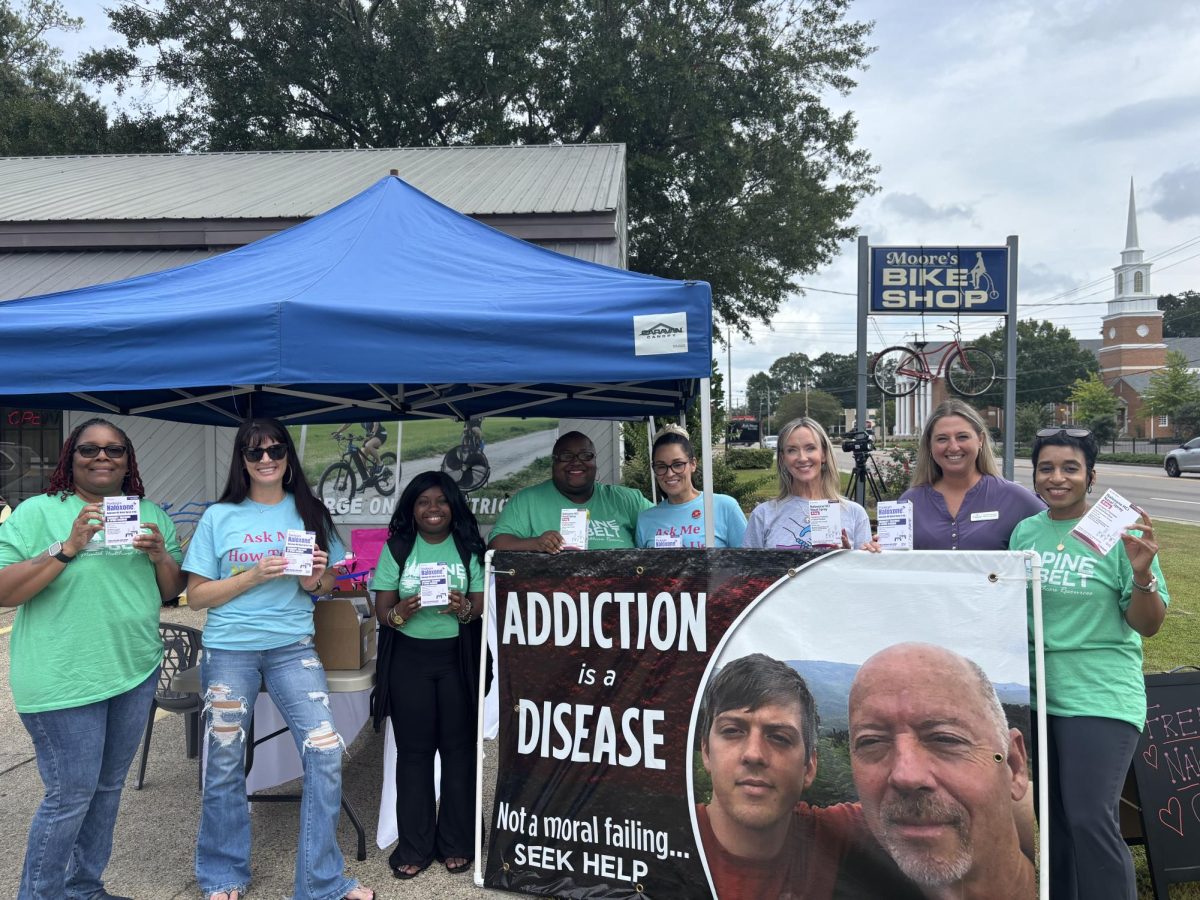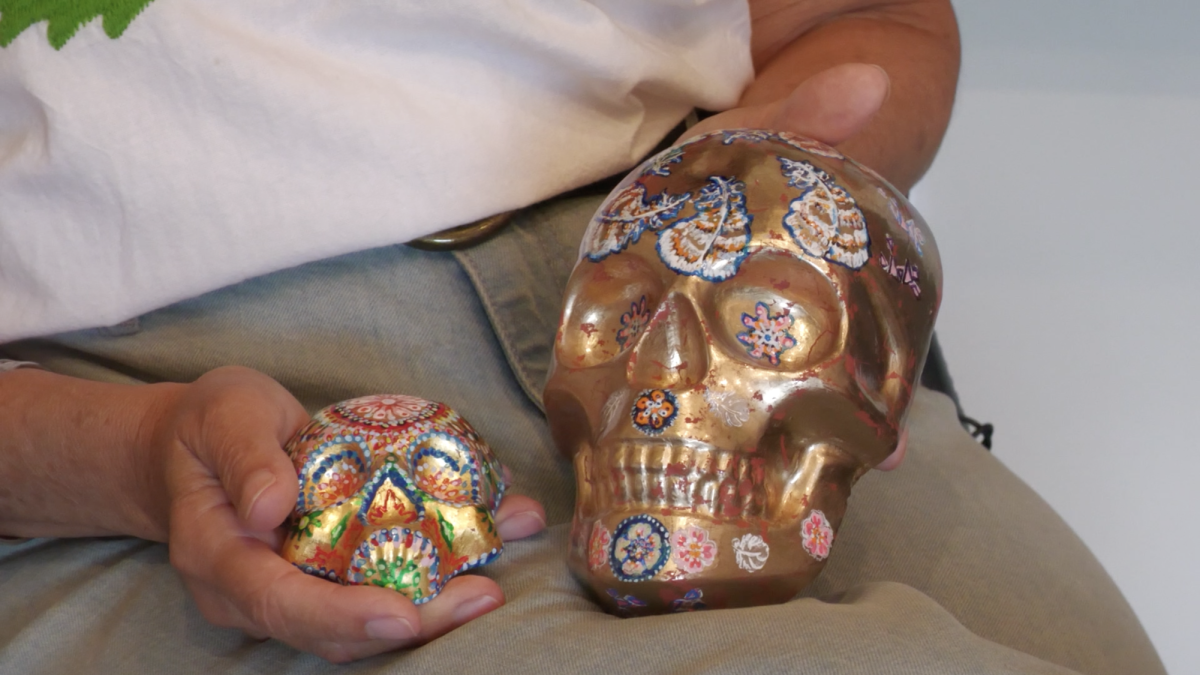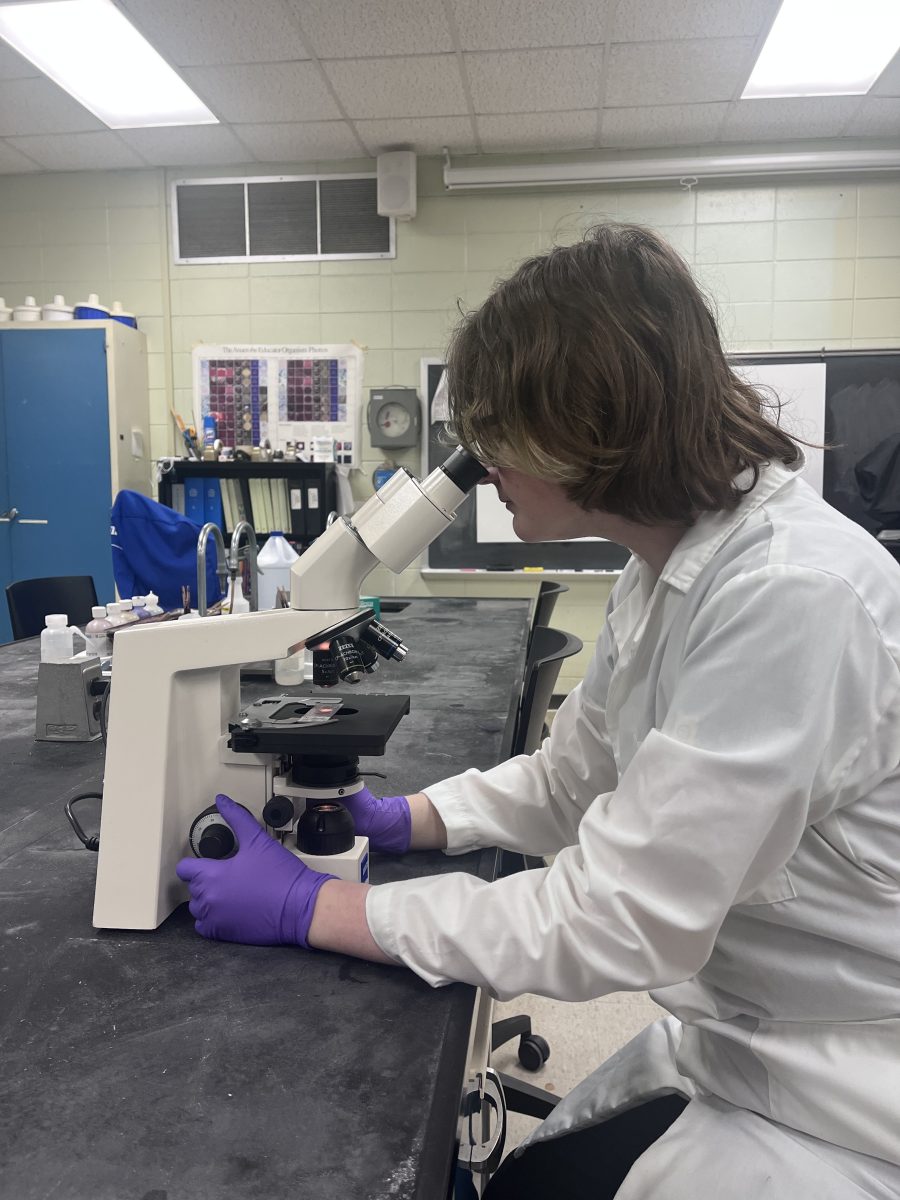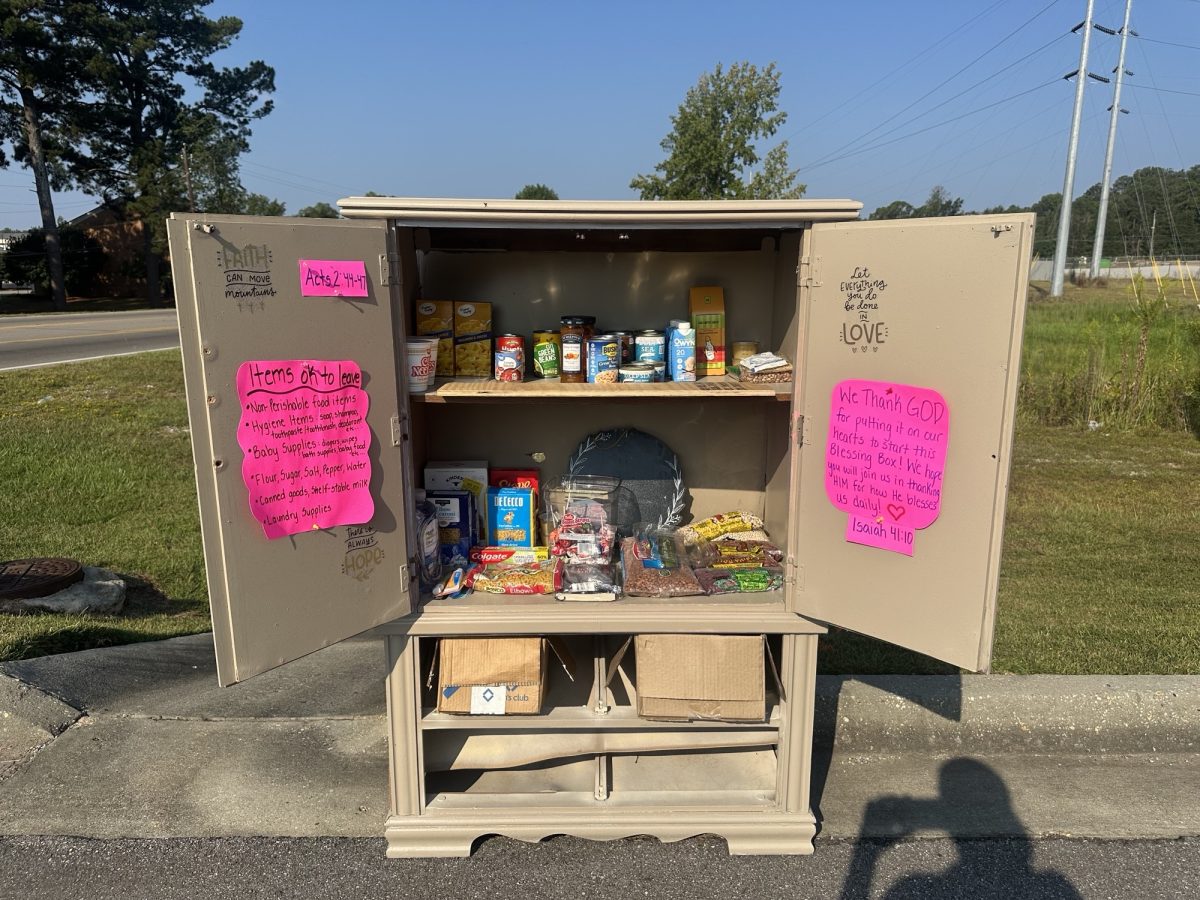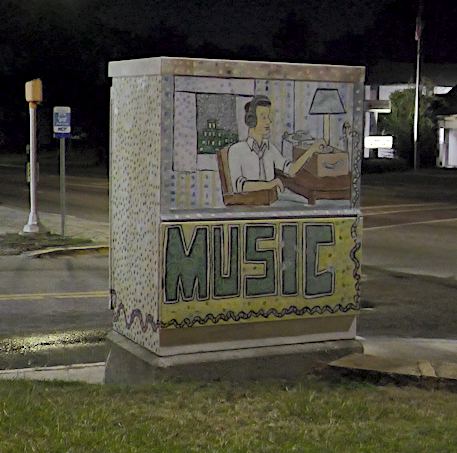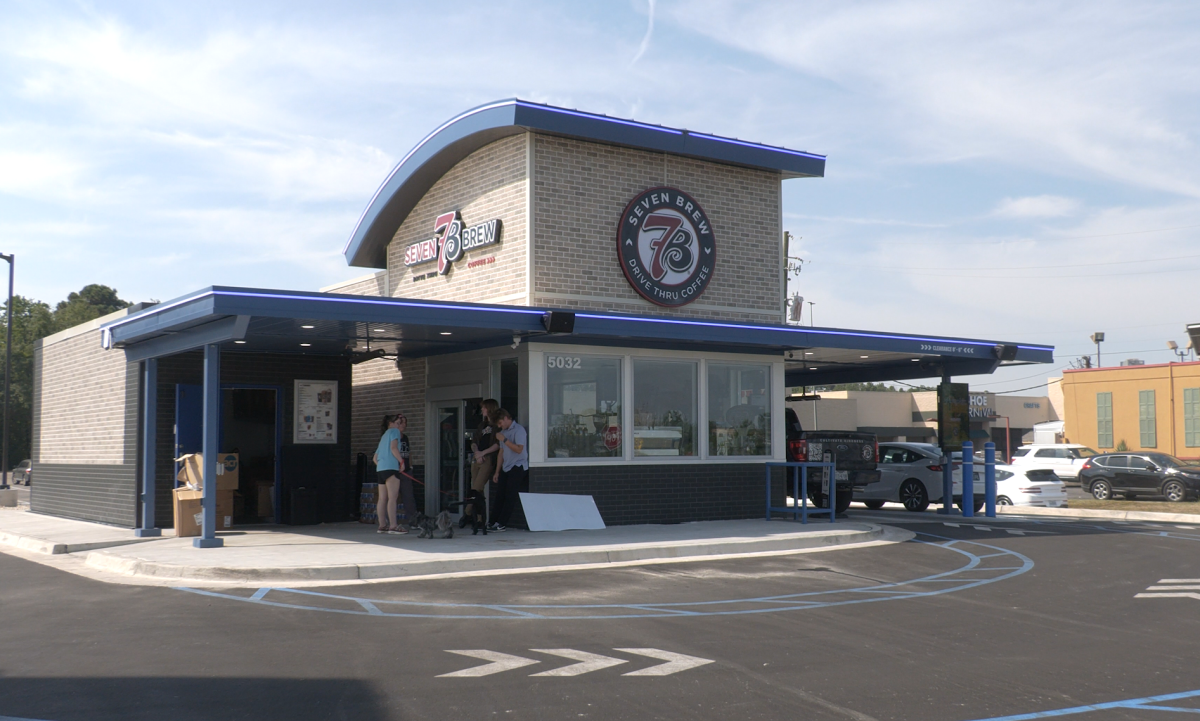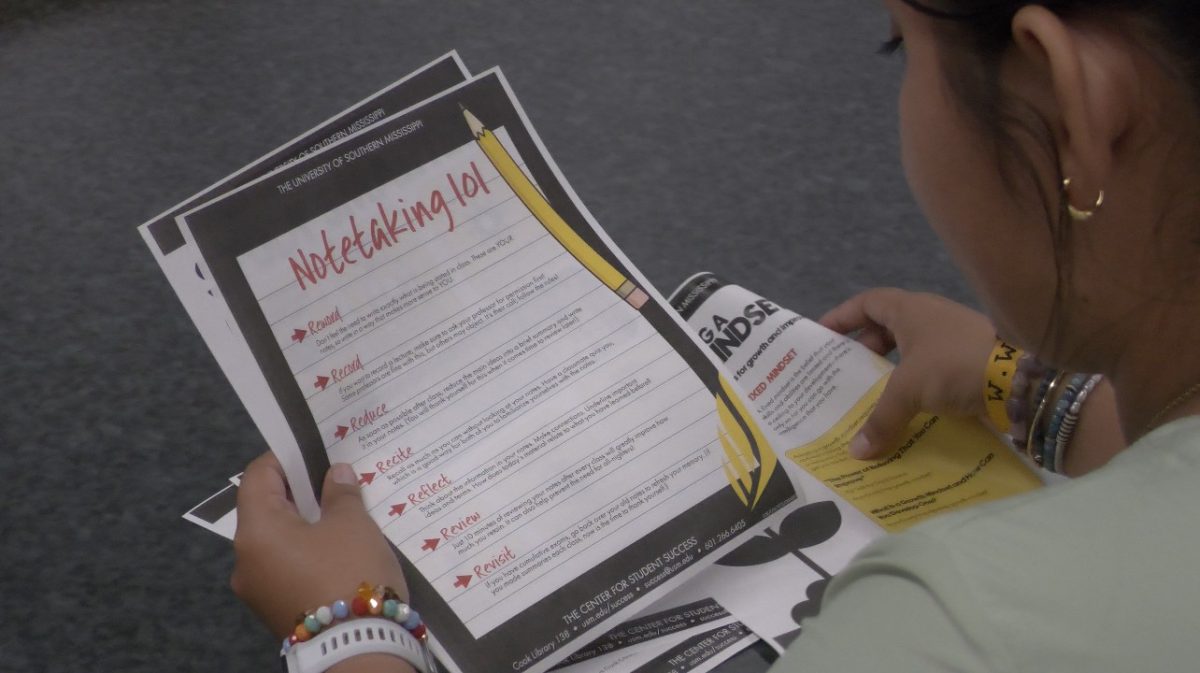People are starting to return to McDonald’s locations after the Colorado Department of Agriculture concludes that Quarter Pounders are not the cause of an E. coli outbreak.
Thousands of McDonald’s locations across several states have suffered a decrease in profits since the end of September. After an E. coli outbreak starting in Colorado was suspected to have originated from McDonald’s Quarter Pounders, at least 13,000 locations shut down across 13 states. According to the CDC, 90 people have been reported sick, with 27 hospitalized and one death. Two of those developed hemolytic uremic syndrome (HUS), which is commonly caused by E. coli, and can result in kidney failure. After looking into the cases, doctors found that all people had recently eaten McDonald’s burgers, narrowing the infected foods down to the patties and onions used on the Quarter Pounders. McDonald’s stopped serving these products promptly after this discovery, likely because this is not the first time the company has been found responsible for an illness outbreak. In 2018, the FDA identified McDonald’s salads to be the cause of a cyclospora outbreak among seven states.
Escherichia coli, more commonly known as E. coli, lives in healthy human intestines and most strands are harmless. However, a few strands- like O157:H7- can be contracted from raw vegetables, undercooked meat, or other contaminated water or foods. Symptoms include bloody diarrhea, nausea and vomiting, and stomach cramping or pain. While healthy adults can usually recover from E. coli within a week, some cases can be more extreme depending on age. Younger children and older people are also at risk of developing a deadly form of kidney-failure from the bacteria. Two of the people have been reported to have developed hemolytic uremic syndrome; a kidney condition often caused by E. coli. HUS works by releasing a chemical in the bloodstream that kills red blood cells and reduces platelet counts, before moving to the kidneys. Madison Waters, a junior Medical Laboratory Science student at USM, is researching HUS and gives more information on the condition.
“These blood constituents end up in the kidneys, causing blockages, scarring and other damage,” Waters said. “You can recover from this condition, but sometimes the damage to the kidneys can be chronic.”
After further investigation, however, the CDC concluded that the outbreak did not stem from any beef patties from McDonald’s. Rather, they have turned their attention to California based Taylor Farms, which is the major supplier of produce, particularly onions, for McDonald’s and other fast food chain restaurants. McDonald’s says that they had removed all onions from the affected facilities, and Taylor Farms has recalled their yellow onions until the situation is resolved. Burger King, KFC, Taco Bell and other restaurants have also removed onions from their facilities as well, though all report that their food is safe from the bacteria. The Taylor Farms Colorado Facility is working with the CDC and the FDA to determine if their onions are the source. A spokesperson from McDonald’s said that if the onions are found to be carrying the O157:H7 strain, it will be the first time that this has happened within the chain.
After the start of the outbreak, a program known as Placer.ai has been tracking the number of visits to the restaurant in Colorado and across the country. According to the program, McDonald’s has seen a decline in visits by 10% around the country and 33% in Colorado, recorded on Friday. In order to bring back customers and profit, McDonald’s hopes to advertise their $5 value meal to attract consumers back to the Golden Arches. The restaurant also hopes to use their Chicken Big Mac, a new menu item that has officially been introduced in the US. Chris Kempczinski, the CEO of McDonald’s, also says that they are willing to advertise the quality and safety of their food to reassure customers as well.
“We stand ready to do more if we need to make sure that we are bringing the full resources of McDonald’s to bear to re-engage customers,” said Kempczinski.
Mississippi so far has no recorded infections of either disease that trace back to any McDonald’s. However, more information can be found about E. coli or hemolytic uremic syndrome via the Mayo Clinic. If you begin to feel ill or believe you are sick for any reason, visit the Moffitt Health Center or your local doctor immediately.
McDonald’s E. coli Outbreak Still Under Investigation
Madison Waters, a Medical Laboratory Science student at USM, studies samples through a microscope.
0
Donate to SM2
Your donation will support the student journalists of University of Southern Mississipi. Your contribution will allow us to purchase equipment and cover our annual website hosting costs.
More to Discover

